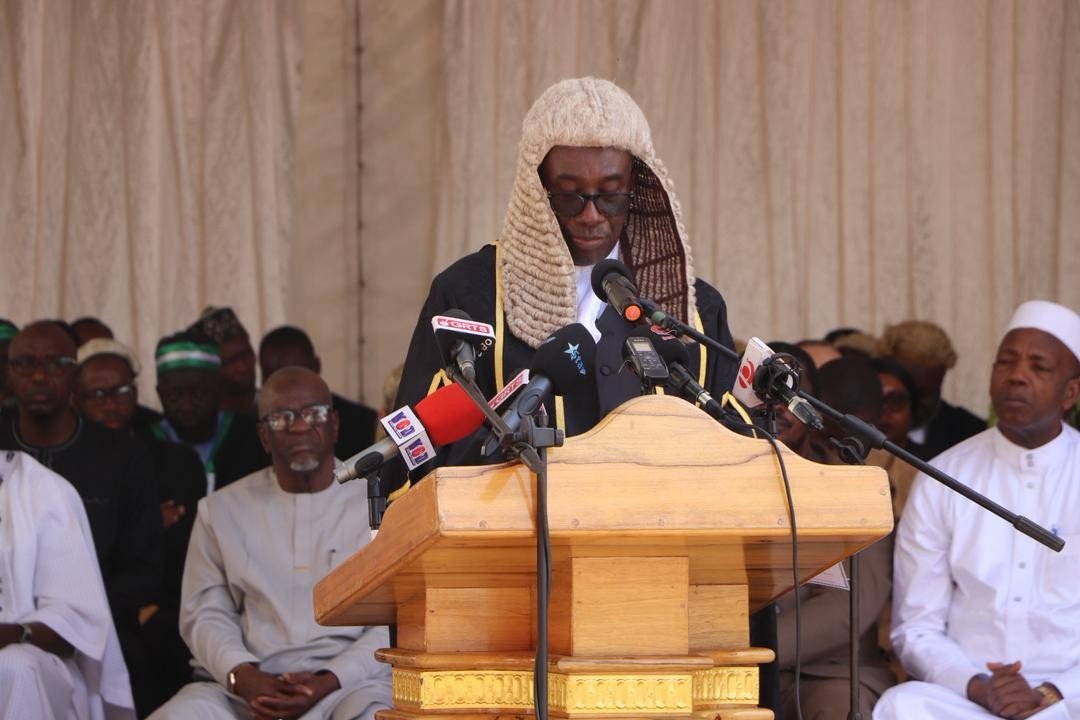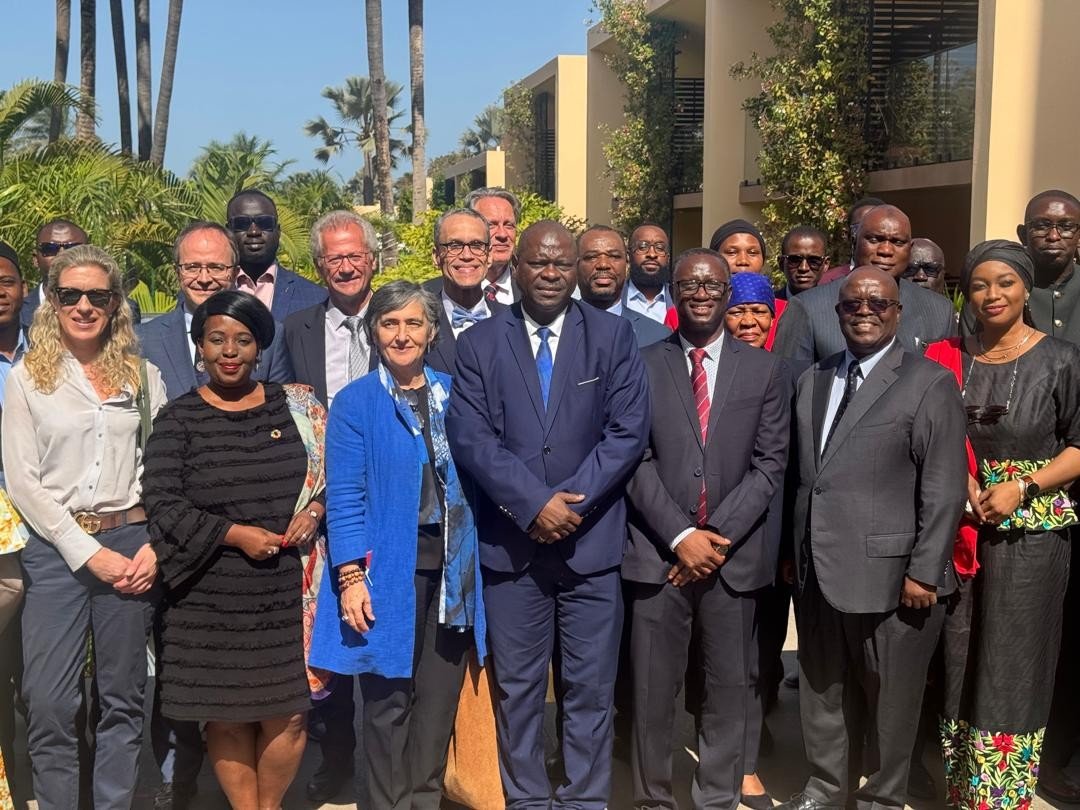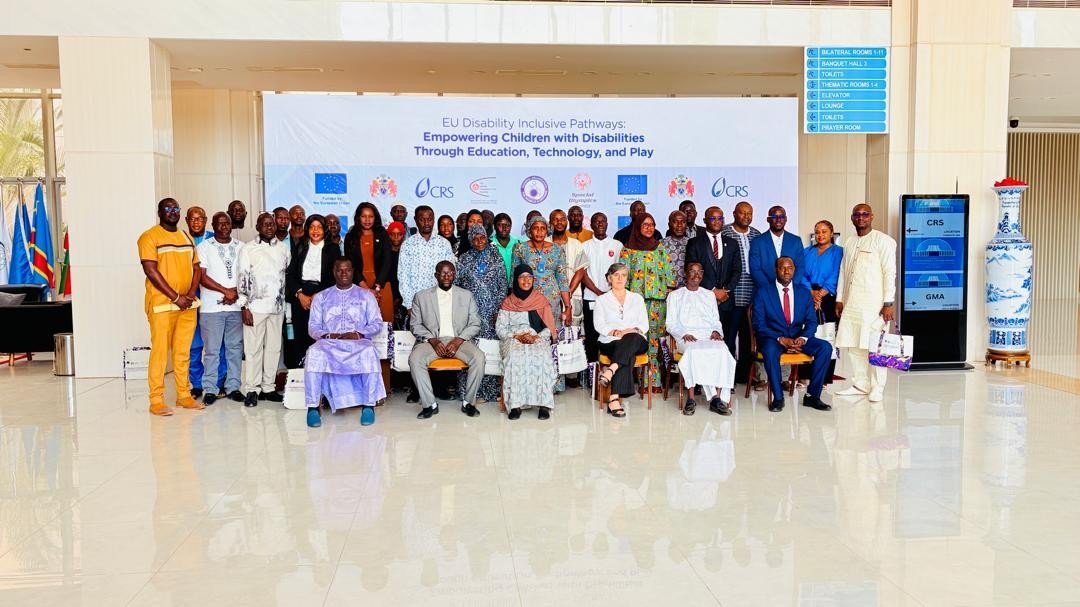The United Democratic Party (UDP) has raised serious concerns over the Gambia Government’s controversial initiative to issue national identity cards to individuals in foreign African countries, including Mauritania, Congo, Togo, and potentially others.
In a strongly worded statement, the UDP labelled the exercise as “unlawful, politically motivated, and a direct threat” to the integrity of the 2026 presidential elections.
According to the UDP, the issuance of national ID cards abroad lacks transparency, legal grounding, and credible verification mechanisms. Unlike passports, which are typically issued to citizens abroad through embassies and consulates, national ID cards are meant to be issued within a country’s borders under strict biometric and documentation controls.
The party warned that conducting this process in countries with weak civil registration systems and porous borders raises significant risks of fraud and manipulation, including the mass registration of non-Gambians.
The UDP highlighted several alarming possibilities, including the potential use of these ID cards to illegally register foreign nationals as voters. The party also expressed fears that the government might later introduce diaspora voting, allowing those issued ID cards to participate in the 2026 elections. “This entire scheme is a deliberate ploy to rig the upcoming elections,” the UDP stated.
Thus, the UDP has called for immediate action. It urged the Independent Electoral Commission (IEC) to clarify its role and distance itself from the process, which it deems unconstitutional. The party also demanded that the National Assembly summon the Minister of Interior and the Director General of Immigration to explain the initiative. Additionally, the UDP appealed to Gambian civil society, political parties, and international partners to monitor and condemn what it describes as a “dangerous abuse” of the national identification system.
Tombong Saidy, the UDP’s Administrative Secretary for Media and Communication, emphasised the party’s commitment to safeguarding democracy. “The UDP will pursue all legal and political avenues to ensure that the 2026 elections are free, fair, and credible,” he said.
The controversy has sparked widespread concern, with many questioning the government’s intentions and the potential impact on Gambia’s democratic process. As the 2026 elections approach, the UDP’s accusations have intensified calls for transparency and accountability in the country’s electoral system.





